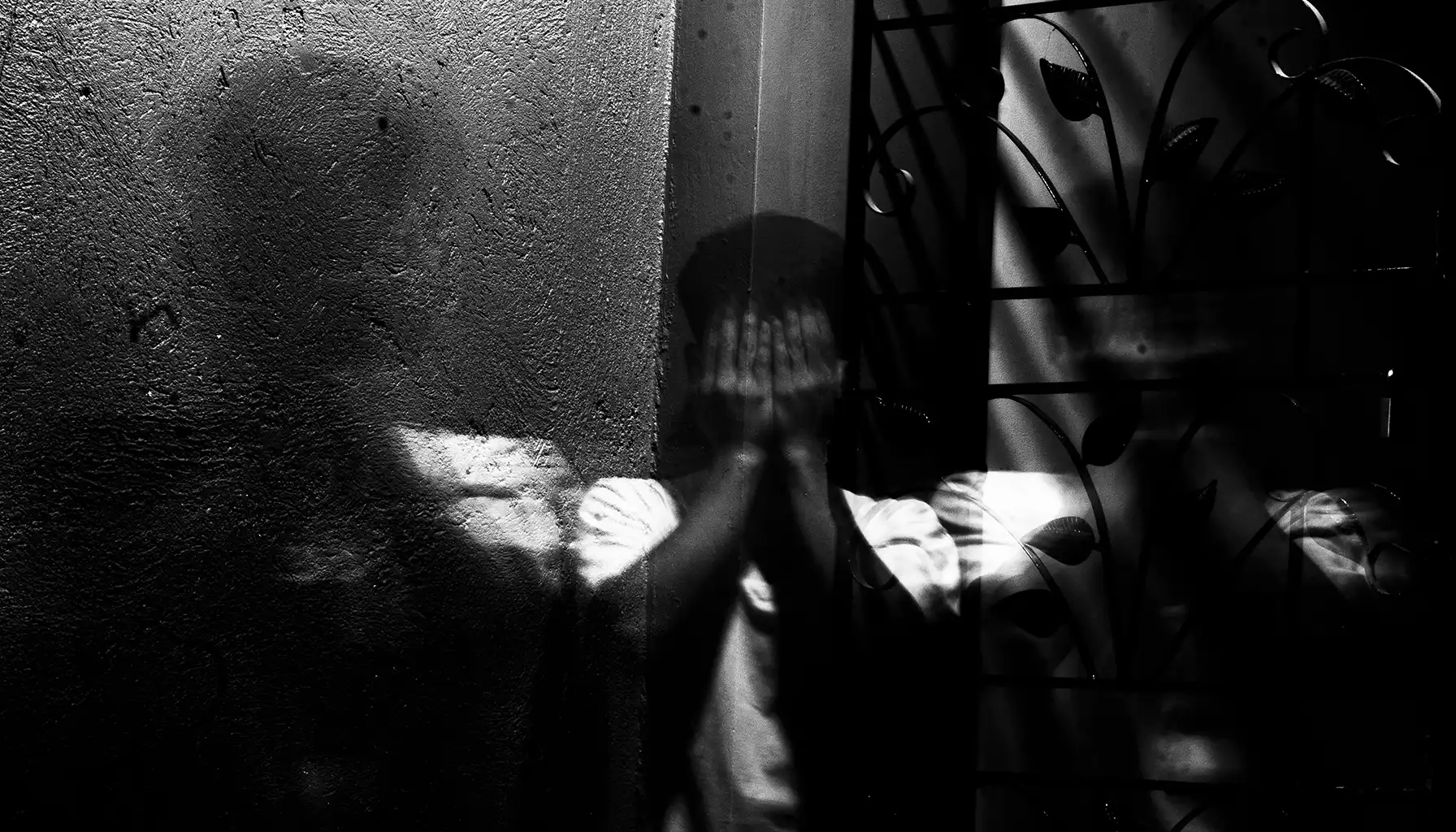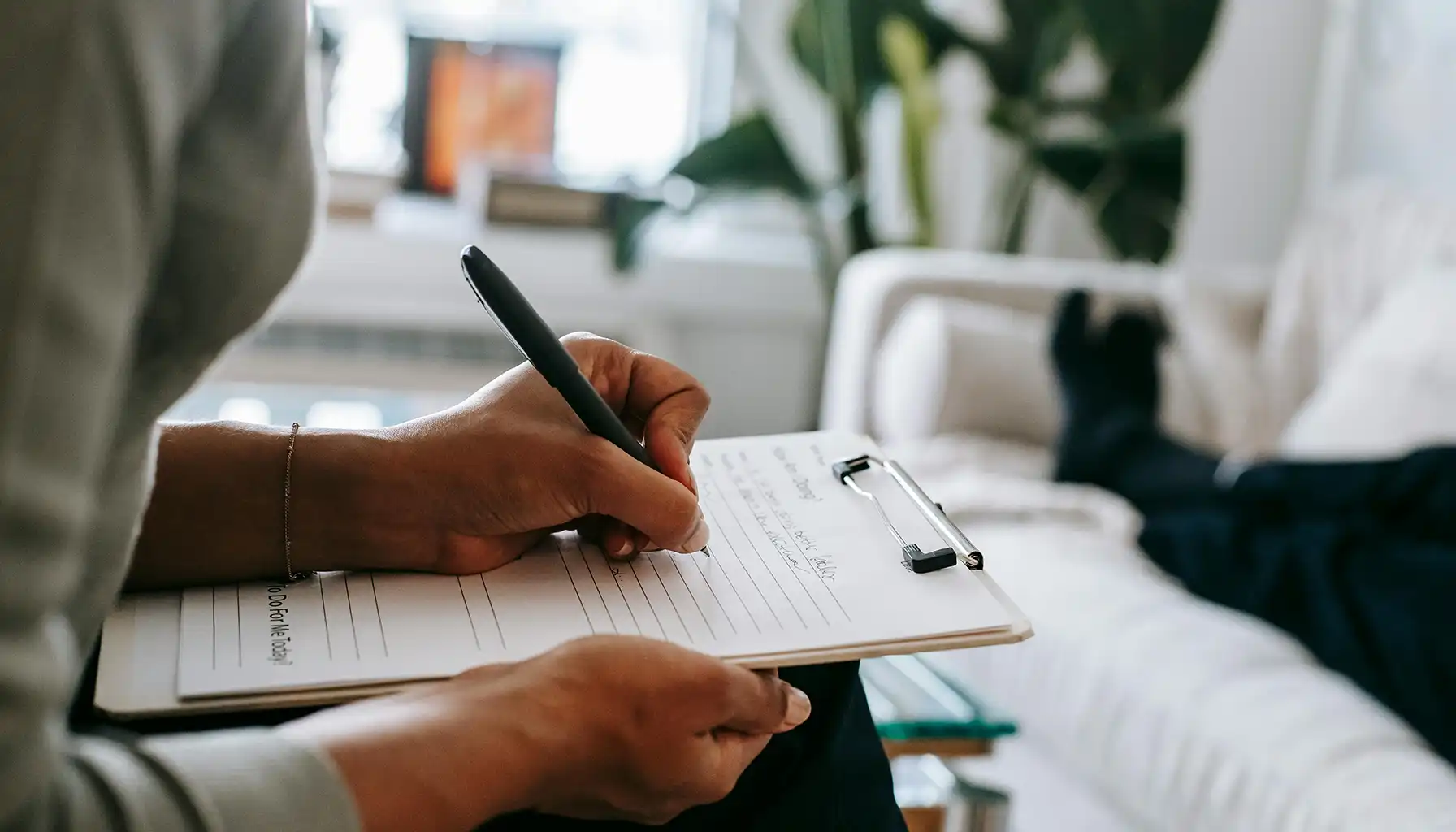Contents:
What is the fear of women called? Gynophobia is a special type of phobia, a strong and irrational fear of something.
In this case, it's a constant fear of women. Although many people may feel nervous in the presence of new people or at large social gatherings, gynophobia is a constant fear that can significantly affect a person's life, making it difficult to form personal relationships, work with female colleagues in a professional environment, or even be in the same room with women.
This fear is not voluntary and, as a rule, is beyond the conscious control of a person. It can cause severe anxiety and panic attacks, which are often very difficult to deal with without professional help through cognitive training.

How common is gynophobia? About one in 10,000 people may suffer from gynophobia.
Gynophobia Meaning: Symptoms of Fear of Women Phobia
Physical Gynophobia Symptoms
Dizziness or unsteadiness in the legs
Rapid heartbeat, chest pain, or a feeling of tightness in the chest
It takes your breath away, as if you don't have enough air or find it difficult to breathe.
Heavy sweating, even in a cool room, or cold, sticky hands
The trembling is uncontrollable
Nausea or upset stomach, sometimes leading to vomiting
Sudden feeling of hot or cold flashes
Psychological Symptoms of Gynophobia
A strong, sudden, and overwhelming feeling of anxiety or panic
A strong feeling of helplessness or powerlessness, as if you can't control your reactions.
Feeling disconnected from reality or as if you are watching yourself from the outside
Constant fear of losing control, embarrassing yourself, or going crazy
Actively avoiding any places, events, or situations where women may be present, which can lead to social isolation.

What Causes Gynophobia? Possible Causes Of Gynophobia
Is there a fear of women? Yes — the exact causes of gynophobia are not always clear, but they are often associated with a complex combination of various factors and may include past experiences, genetics, and learned behaviors.
Important Note: One reason may not be the only one — it is often a combination of several women of fear factors.
Category | Possible gynophobia causes | Example |
Traumatic Experiences | What does gynophobia mean? Experiencing a negative or traumatic event involving a woman, especially if it happened in childhood with narcissistic parents or during a period of vulnerability | Be physically, emotionally, or verbally abused, neglected, or severely bullied by a mother, teacher, or other woman in a leadership position |
Learned Behavior | Absorbing this fear by watching a family member, parent, or other close person who is also experiencing a similar or related fear | The child sees that his father or mother is extremely anxious, afraid, or avoiding contact with women, and begins to copy this behavior as a way of responding to a similar situation |
Genetics and Brain Chemistry | Some people may be more prone to developing phobias due to their genetic predisposition — the way their brain works can also make them more sensitive to feelings of fear and anxiety | The presence of a family history of anxiety disorders, other specific phobias, or mood disorders that may indicate a genetic link with this disease |
Social and Cultural Factors | Negative beliefs or stereotypes about women that are common in a person's culture or social group can sometimes contribute to the development of intense fear | Growing up in a cultural environment where women are often portrayed as manipulative, dangerous, or untrustworthy |
How to Get Rid of Gynophobia: Diagnosis and Treatment
The gynophobia definition diagnosis is usually made by a qualified professional, such as a psychologist, psychiatrist, or licensed therapist.
During the examination, the specialists will ask about their specific symptoms, personal history, and how fear of women affects their daily lives, including work, school, and social interactions, and, additionally, will use specific diagnostic criteria from recognized guidelines to determine whether fear is a real phobia and rule out other possible conditions.
Cognitive Behavioral Therapy: This type of therapy is a very popular and effective method of treating many phobias, and it helps people identify negative and irrational thoughts about women and deal with them. A therapist will teach them new ways of thinking and responding to their fear, which will help them better control their emotions and behavior.
Exposure Therapy: This is a slow and safe exposure to what a person is afraid of in a controlled environment — the therapist will start with something small and less frightening, for example, look at a photo of a woman, and gradually move on to more direct contact, for example, talk to a woman in a session or stay in a room with her.
Medication: In some cases, a doctor or psychiatrist may prescribe medications to help a person cope with severe anxiety or panic attacks, which are a common part of phobia. For example, anti-anxiety medications or antidepressants are often used in combination with therapy because they eliminate the symptoms, but not the root cause of the phobia.

What Is Gynophobia? Living with Gynophobia
Overcoming gynophobia is a process requiring time, effort, and professional help, but it is an achievable goal. With the right support and treatment plan, people can cope with their fear and live a more comfortable and fulfilling life, and it's important to seek professional help rather than overcome a phobia alone.
Finding a reliable support system, whether it's a family member, partner, or friend who understands and supports you, can also be a useful part of the process.
NOTE: Remember that actively avoiding situations and people can worsen your phobia over time, so dealing with fear with the help of a professional is the best way to move forward and improve your quality of life. At least you can try to concentrate on something relaxing at such moments via the Mind Elevate app.
Frequently Asked Questions
Is gynophobia the same as misogyny?
No, it's not the same thing. Misogyny is hatred or dislike of women, which is often the result of choice. What's gynophobia? Gynophobia is a strong and irrational fear of women, which is a recognized mental health condition and is not a choice.
How can I help a friend who has gynophobia?
Invite them to seek professional help from a therapist or doctor, and it is also helpful to be patient and not put pressure on them in situations that may cause them fear.
Can a person with gynophobia ever have a healthy relationship?
Yes, with proper treatment, a person suffering from gynophobia may well overcome their fear and establish healthy, normal and intimate relationships with women because therapy can provide the tools and skills necessary to achieve this goal.
Is there a cure for gynophobia?
Although there may not be a simple "cure", gynophobia treatment can be extremely effective because many people learn to cope with their symptoms and live in such a way that fear no longer affects their decisions or social life.
How many people have gynophobia?
One study found the total point prevalence of any specific phobia was 19.9% in the population. But some studies suggest that anywhere from 7% to 12.5%.





